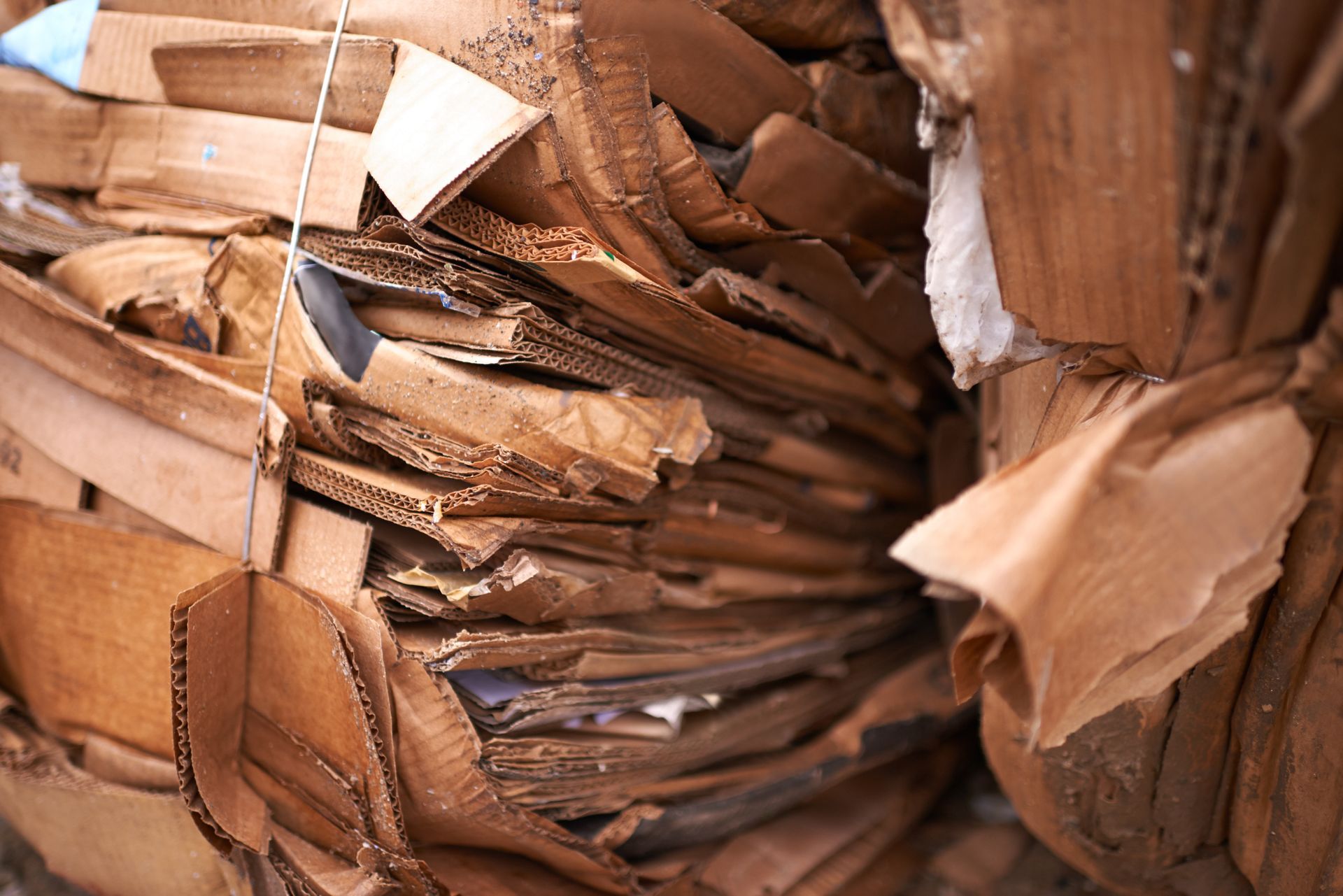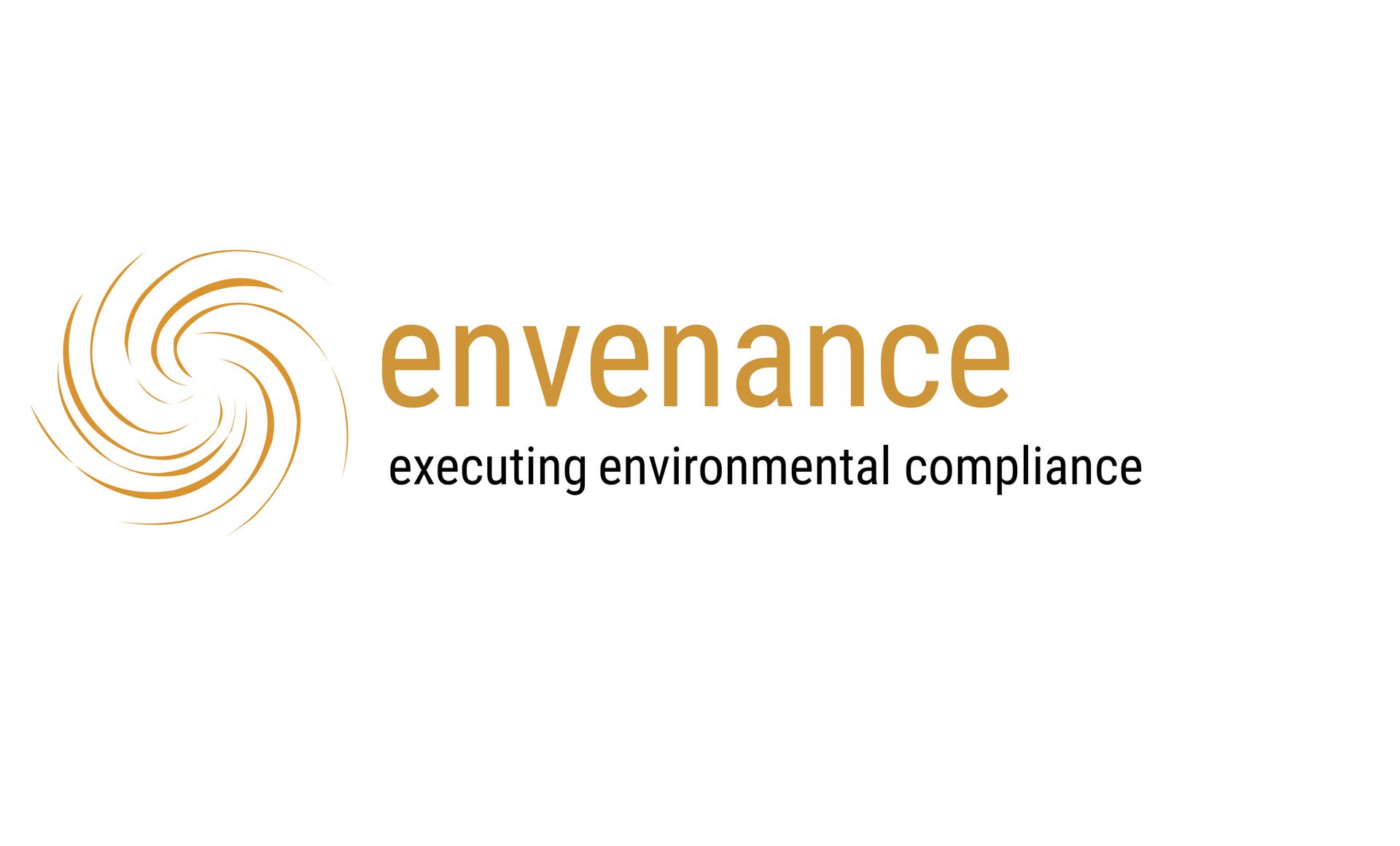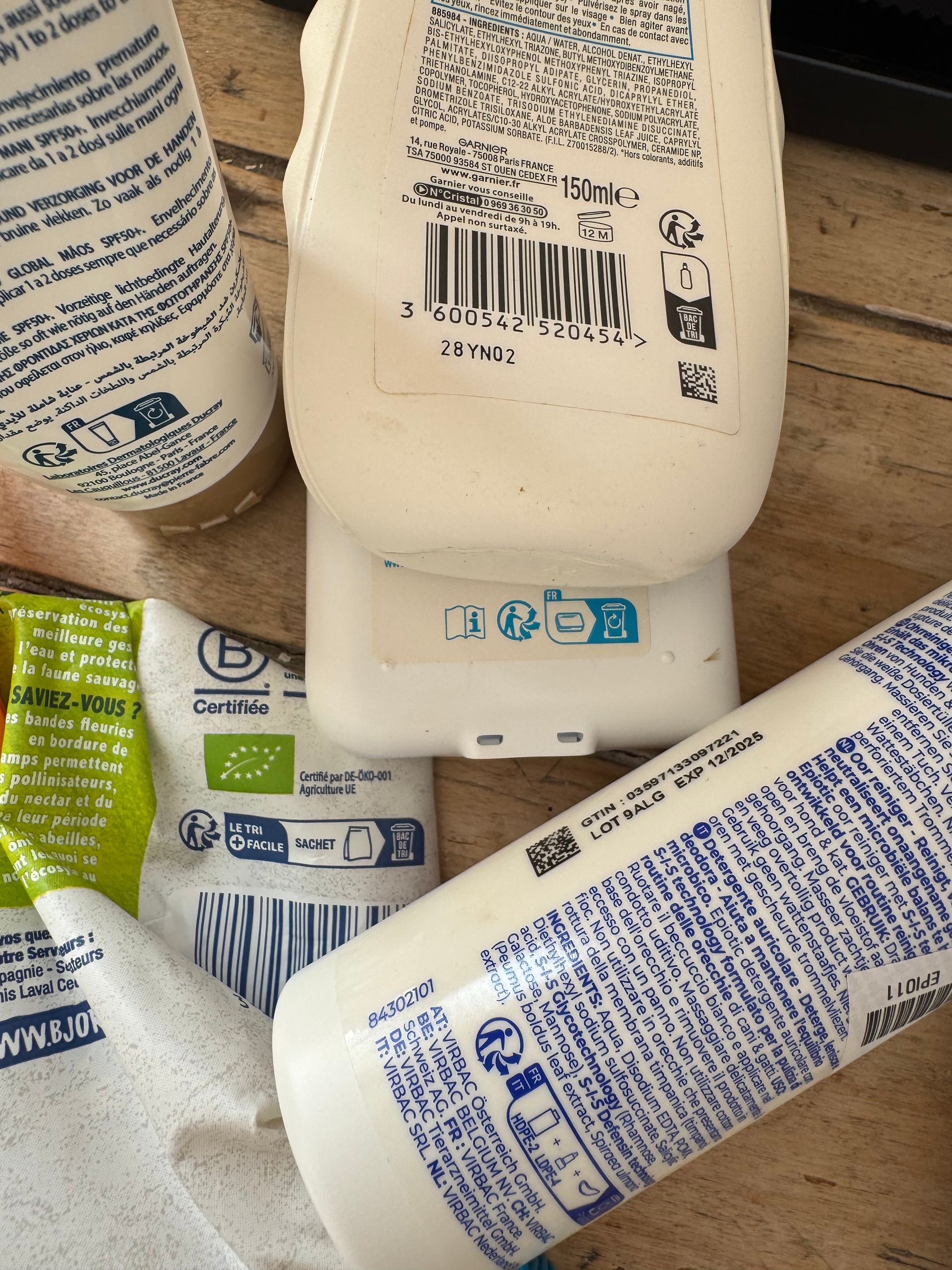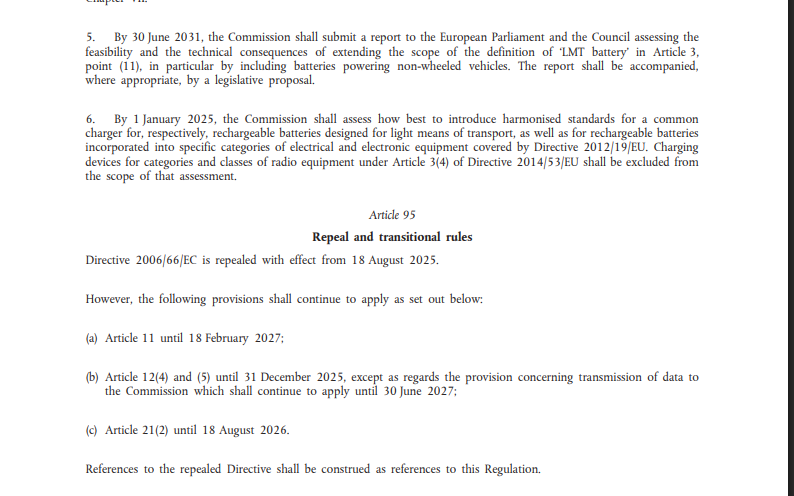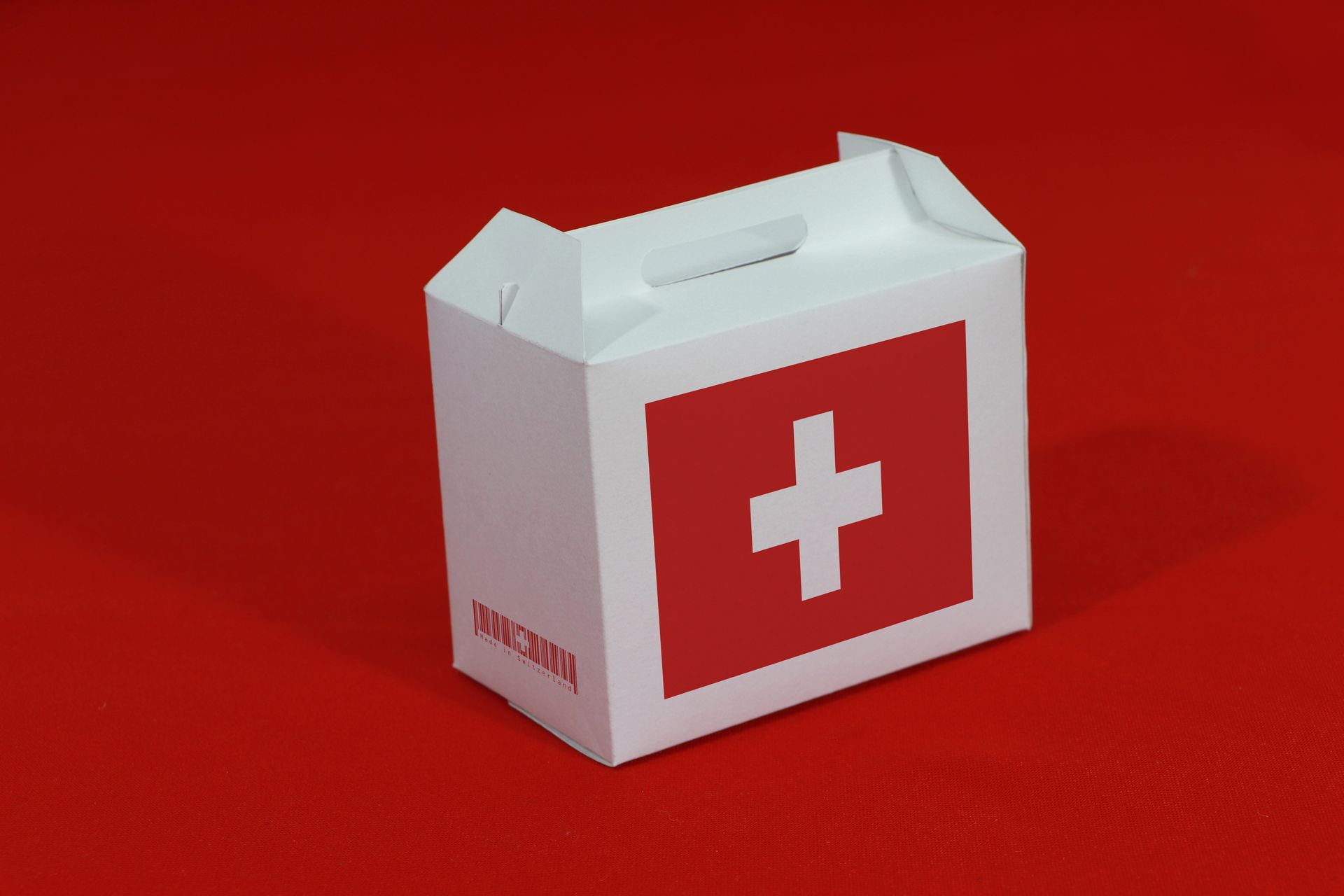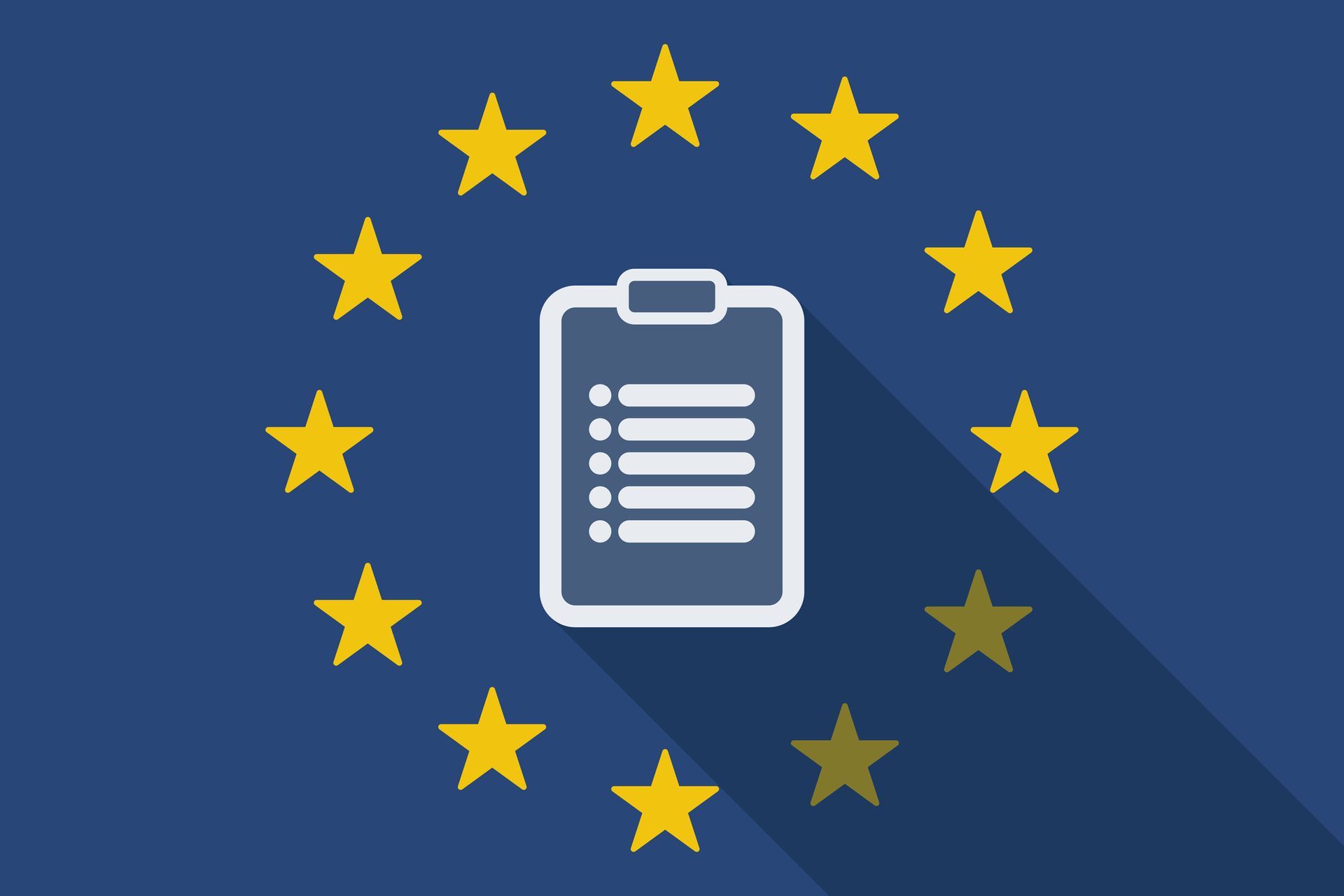Reducing Packaging EPR Complexity through State-Owned Schemes?
envenance on compliance.
The complexity of Extended Producer Responsibility (EPR) compliance in Europe remains one of the greatest administrative burdens for companies placing packaging on the market. Among the most pressing issues is the need to register with up to 27 different national packaging collection schemes, known as Producer Responsibility Organizations (PROs). This fragmentation stands as an obstacle to the European Commission’s Single Market Strategy, which aims to simplify cross-border business within the EU and reduce the administrative burden for companies (see our analysis: Is the End of EPR Fragmentation Finally in Sight?).
The Central Register Conundrum
The Packaging and Packaging Waste Regulation (EU) 2025/40 (PPWR) does not clearly suggest the introduction of one single central European EPR register. Instead, it obliges each member state to set up a national register (which could mean in the view of the author of this article both a central and a decentral register). Paradoxically, this could actually increase administrative burden in countries where such central registers do not yet exist or where producers currently have no direct registration obligations.
A centralized EU-wide register, as envisioned in Brussels, would not only streamline compliance but could indeed and as intended:
- set a uniform registration framework at one central point of contact
- define standard reporting formats
- limit reporting frequencies to a harmonized rhythm.
However, achieving this goal depends heavily on the technical and regulatory interface between the register and national PROs. This link is easier to establish when the individual PRO is state-owned, since such entities are subject to direct oversight and control by the relevant authorities. In contrast, private PROs may require more frequent or granular reporting and are often driven by operational or commercial considerations that may exceed the public policy standards.
This conflict has already been demonstrated by the WEEE Directive, where efforts to harmonize reporting frequency failed in the face of diverse and more demanding national implementations by local privately-run WEEE schemes.
The Case for State-Owned Packaging PROs
This background fuels ongoing discussions within the EU on the potential benefits of promotingstate-owned PROs — a model already implemented by Hungary (read more), Croatia, and currently under legislative consideration in Poland (see here), where established packaging schemes face the menace to be put out of business as a consequence.
Potential Advantages
- alignment with EU central register
- seamless data interface between PROs and regulatory authorities
- public interest as guiding principle
Possible Disadvantages
- risk of bureaucratic inefficiencies
- exposure to funding and political volatility
- absence of competitive pressure, which may hinder innovation
While state-run systems may offer greater administrative simplicity, they could also result in higher recycling contribution fees due to reduced operational efficiency and lack of market competition.
Digital Interfaces: A Way Forward
Efficiency in compliance doesn't end with registration. E-invoicing, as mandated by Directive 2014/55/EU, offers further potential for simplification. Italy already leads by example with its Sistema di Interscambio (SdI) also for EPR schemes: once data is submitted to a collective scheme, an invoice is automatically generated and made available via SdI to the producer within the country. No further manual communication is needed—provided the technical setup is correctly implemented.
This approach could be replicated across the EU, especially if national state-owned PROs are connected to a future central European register. Not only invoicing, but also financial contributions and audits could then be centralized, thus further reducing redundancies.
No Relief from Data Quality Obligations
It’s important to stress, however, that simplification in reporting infrastructure does
not mean reduced reporting quality obligations for producers. On the contrary,
data quality and granularity requirements are likely to increase, particularly concerning:
- categories and volumesof packagingmaterials
- data upon recycleabilty and recycling content
- documentation upon the technical necessities for a particular packaging
- country-specific sales & distribution data
With a central register as the sole data interface, national authorities could more easily verify and challenge producer reports. In that context, the PPWR'score objectives — reduction, prevention, and recycling — will only be achievable if regulators are given high-quality, complete data.
How envenance can support you.
At envenance, we understand the shifting EPR landscape and the challenges that companies face. We support you in:
- analyzing your packaging data
- preparing for EU-compliant reporting
- monitoring regulatory developments
Let’s simplify compliance—together. Get in touch with us!

